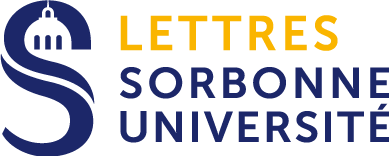Gianluca MANZO, La spirale des inégalités. Choix scolaires en France et en Italie au XXe siècle, Paris, Presses de l'Université Paris-Sorbonne (PUPS), coll. L'intelligence du social, 2009, 336 p. (ISBN 978-2-84050-6444-7), , 2009

La Spirale des inégalités analyzes both the absolute and the relative dimension of educational inequalities in France and Italy in the 1990s as well as during the twentieth century. The book at the same time describes the structure of these inequalities and suggests a theoretical model to explain them. According to this model, sociocultural constraints, the social return of education, cost-benefit comparison and social interactions make the emergence of educational inequalities possible. In order to study this generative model, the author builds an agent-based simulation. The analysis of this artificial society shows the extent to which a segregated social network tends to amplify the orginal differences between groups in terms of resources, preferences and intermediary educational outcomes. La Spirale des inégalités thus buils on an original and ambitious integration of the so-called analytical sociology, quantitative sociology, mathematical and computational sociology.
look at the table de matières
look at the table of contents}
look at the indice}
read the review (in French) in European Journal of Geography
read the review (in French) in Sociologie du Travail
read the review (in French) in European Journal of Sociology
read the review (in French) in Revue Française de Sociologie
read the review (in French) in Mathématiques & Sciences Humaines
read the review (in French) in Revue française de science politique}
read the review (in French) in Sciences Humaines
read the review (in Italian) in Rassegna italiana di sociologia
read the review (in English) in Sociologica
see all the reviews on the PUPS’s website
see the book on AMAZON

